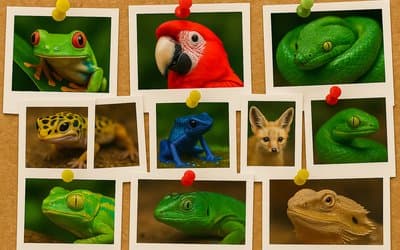
Exotic Pet Care Guides
Expert care information for 20 exotic species in the UK — reviewed and verified by BritExotics specialists.

Bearded Dragon
Pogona vitticeps
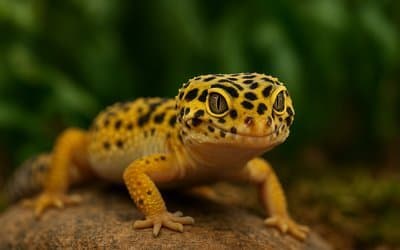
Leopard Gecko
Eublepharis macularius
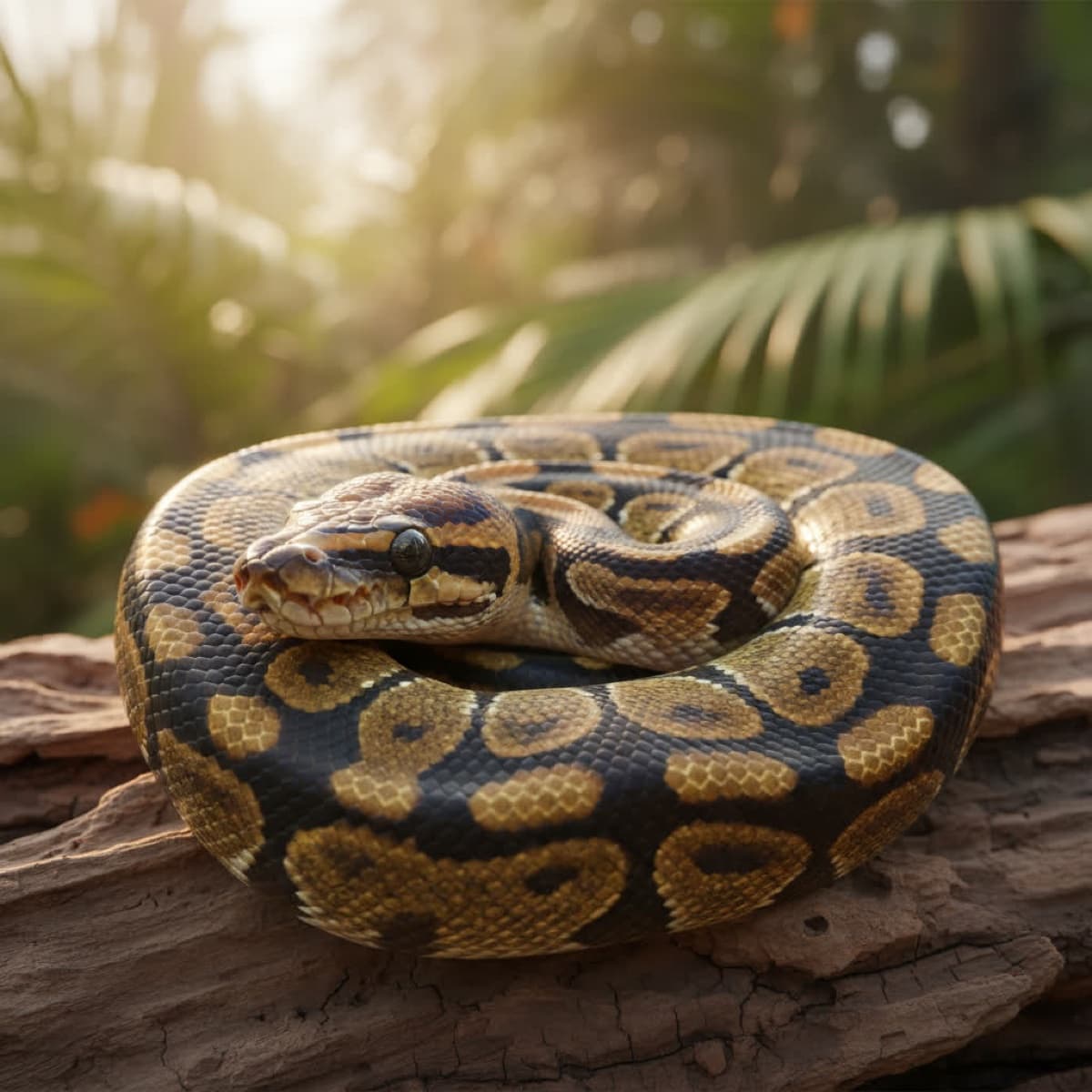
Ball Python
Python regius
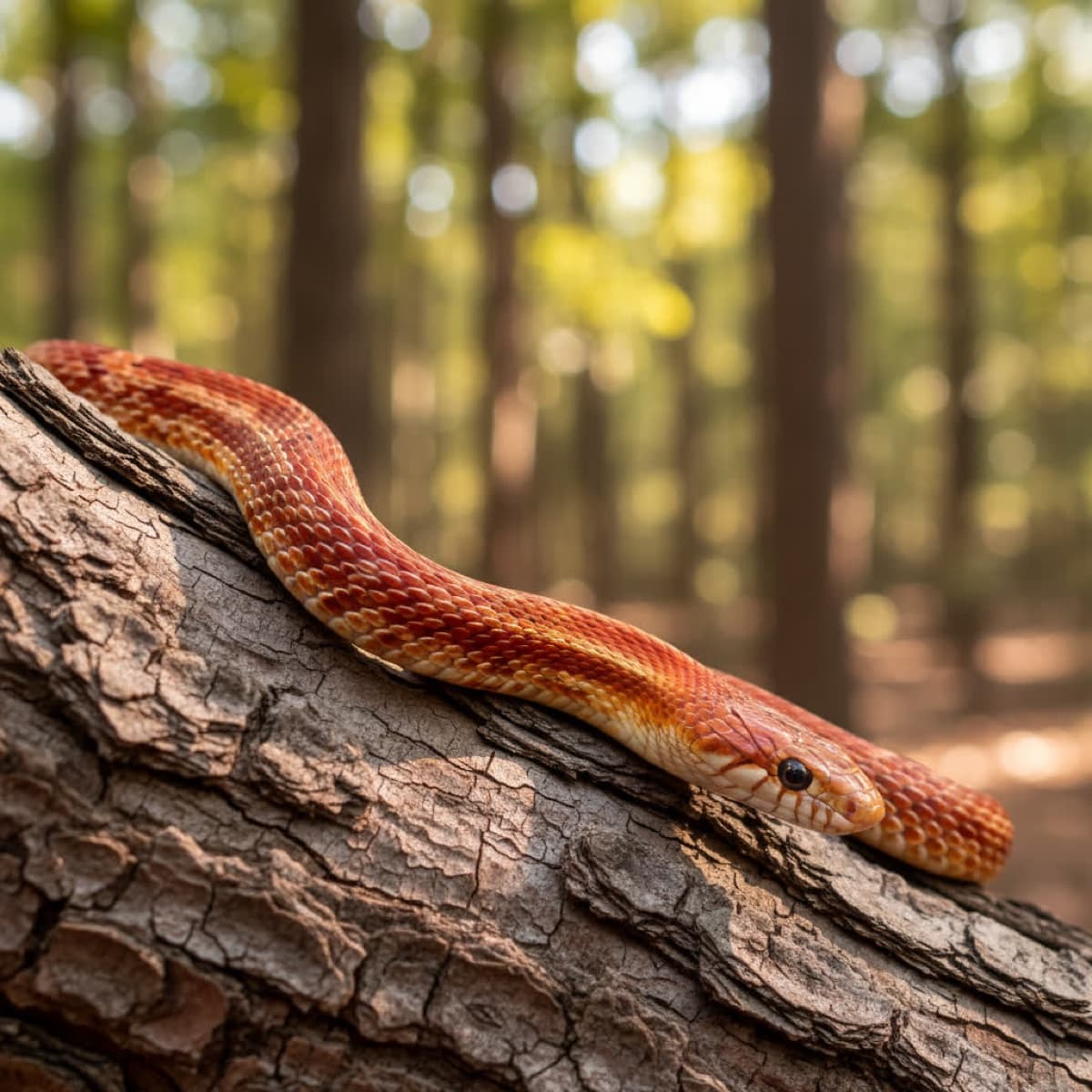
Corn Snake
Pantherophis guttatus
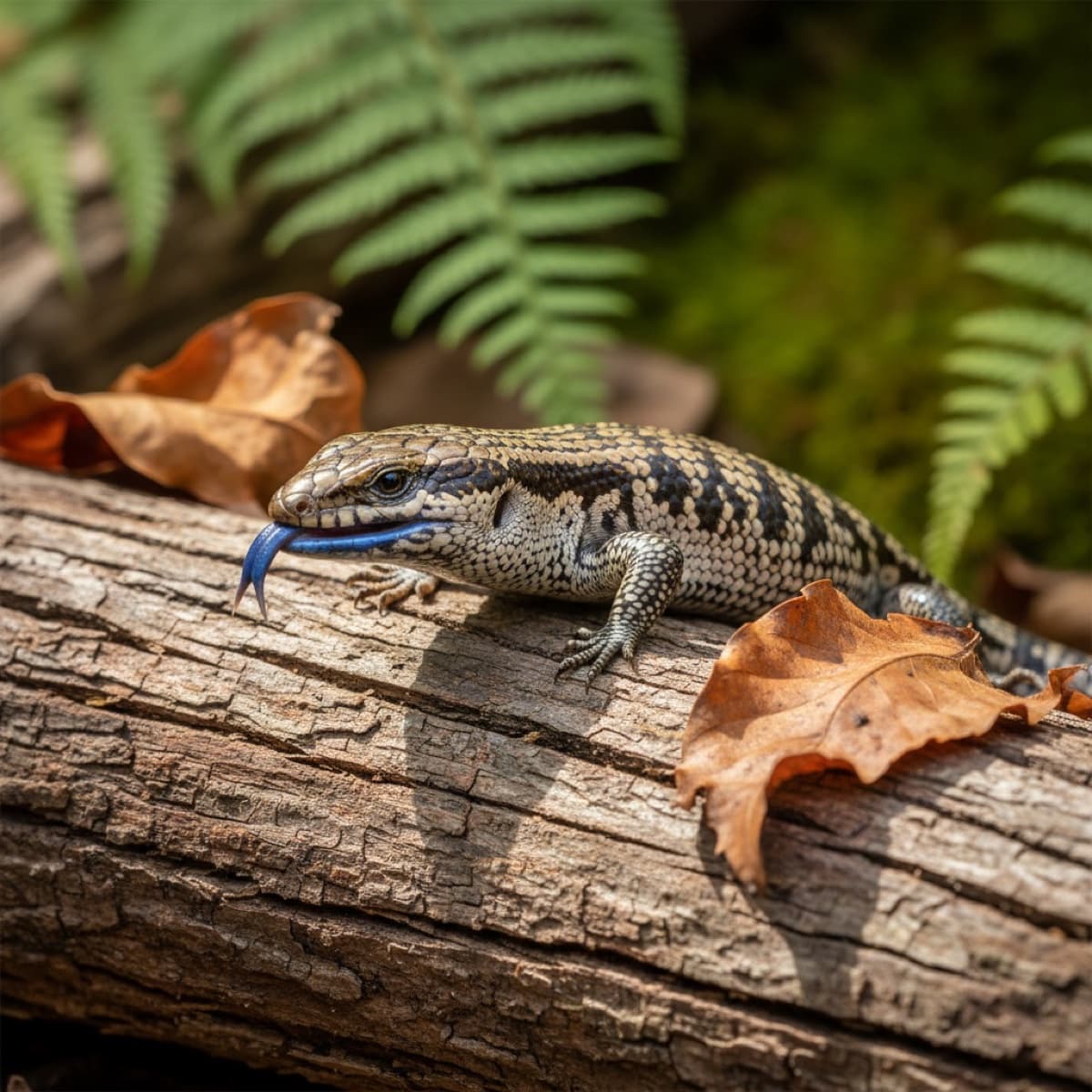
Blue-Tongue Skink
Tiliqua scincoides
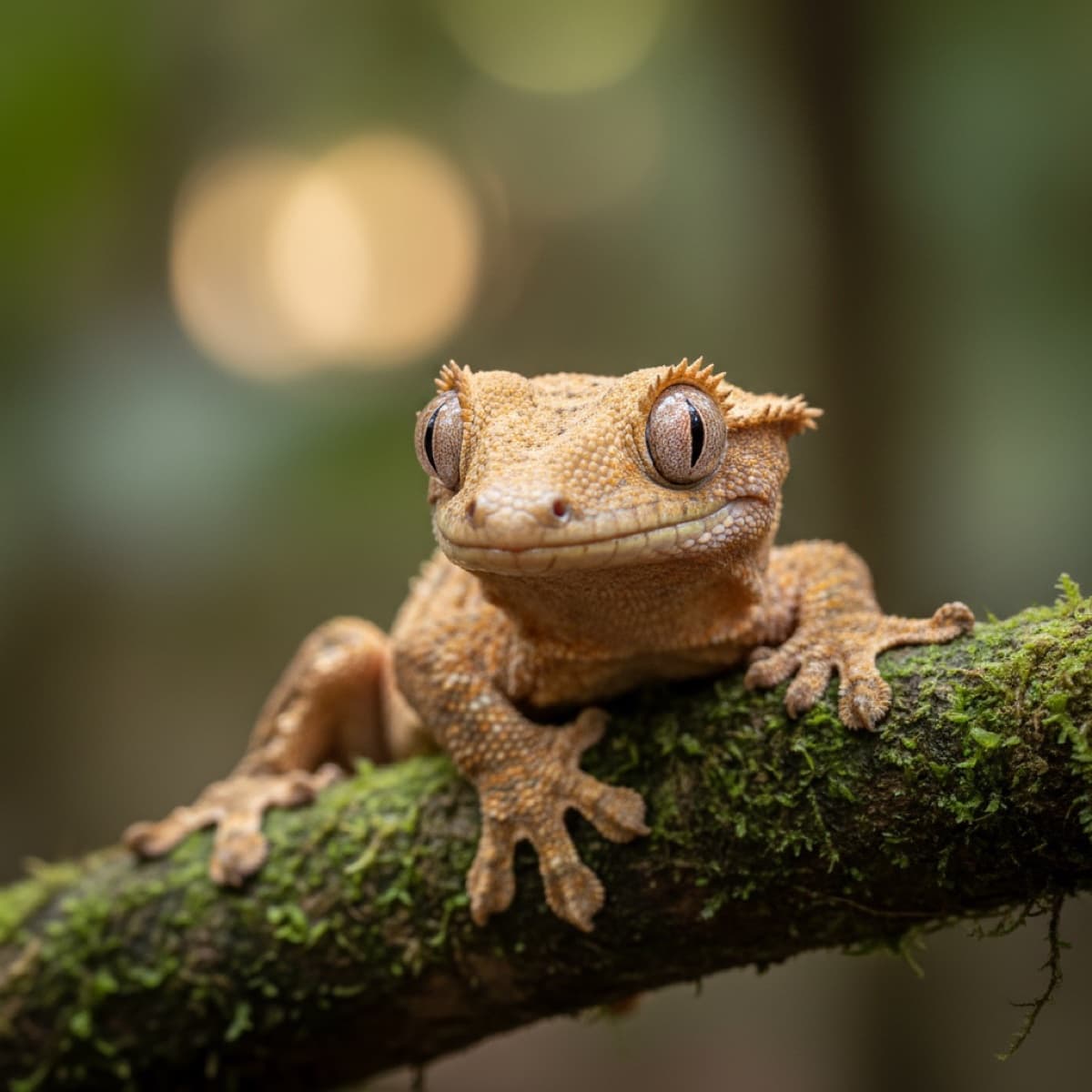
Crested Gecko
Correlophus ciliatus

Cockatiel
Nymphicus hollandicus
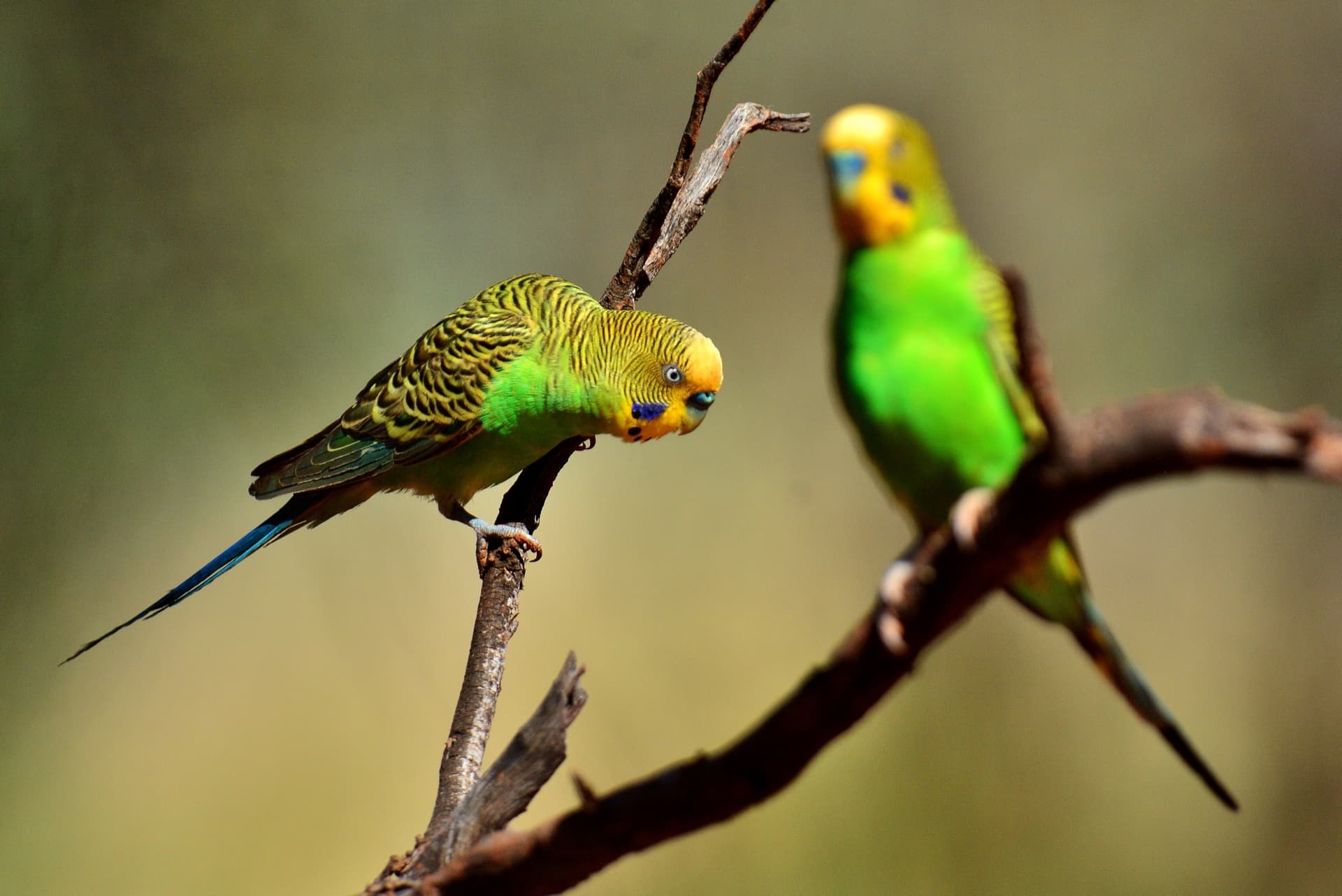
Budgerigar
Melopsittacus undulatus
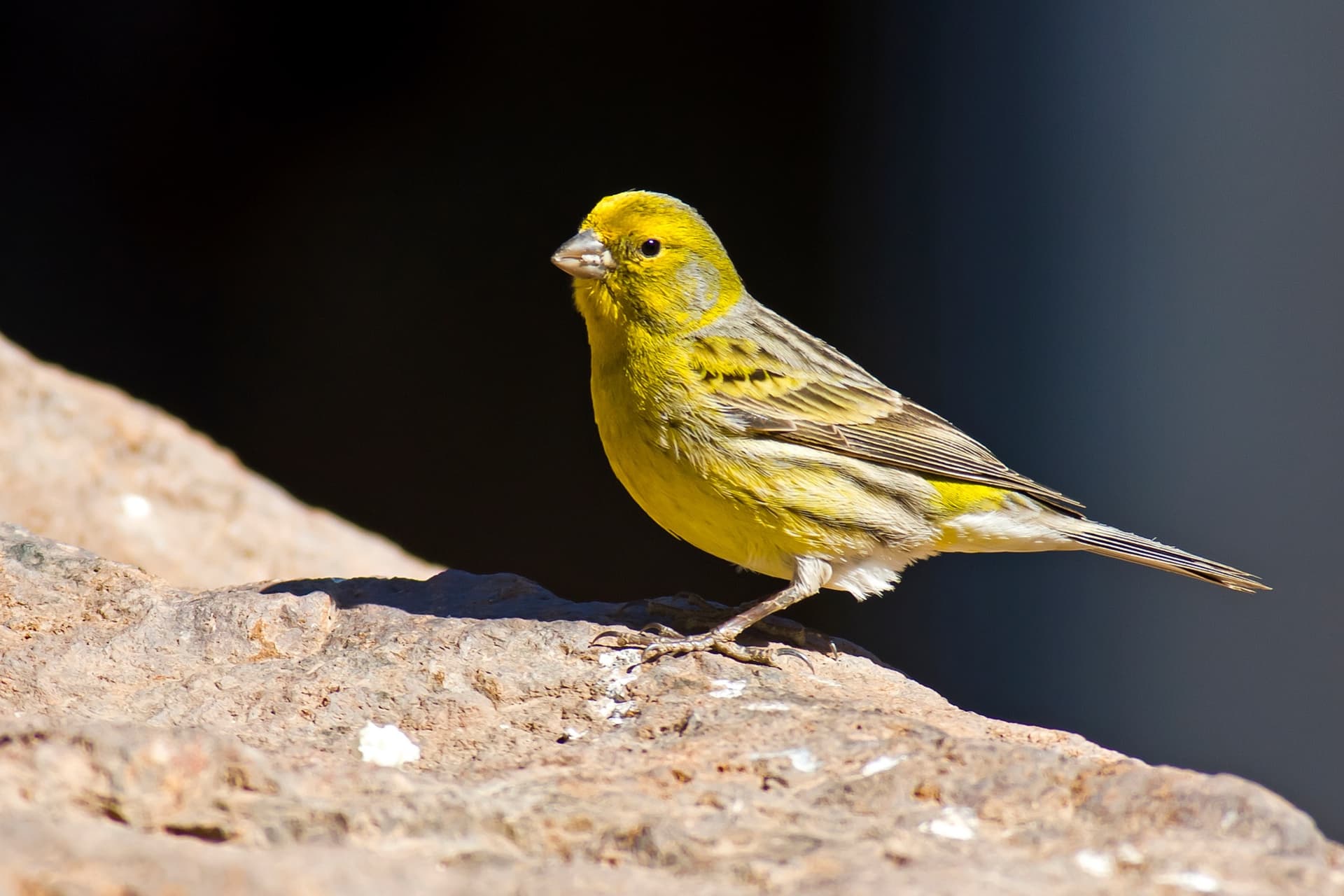
Canary
Serinus canaria
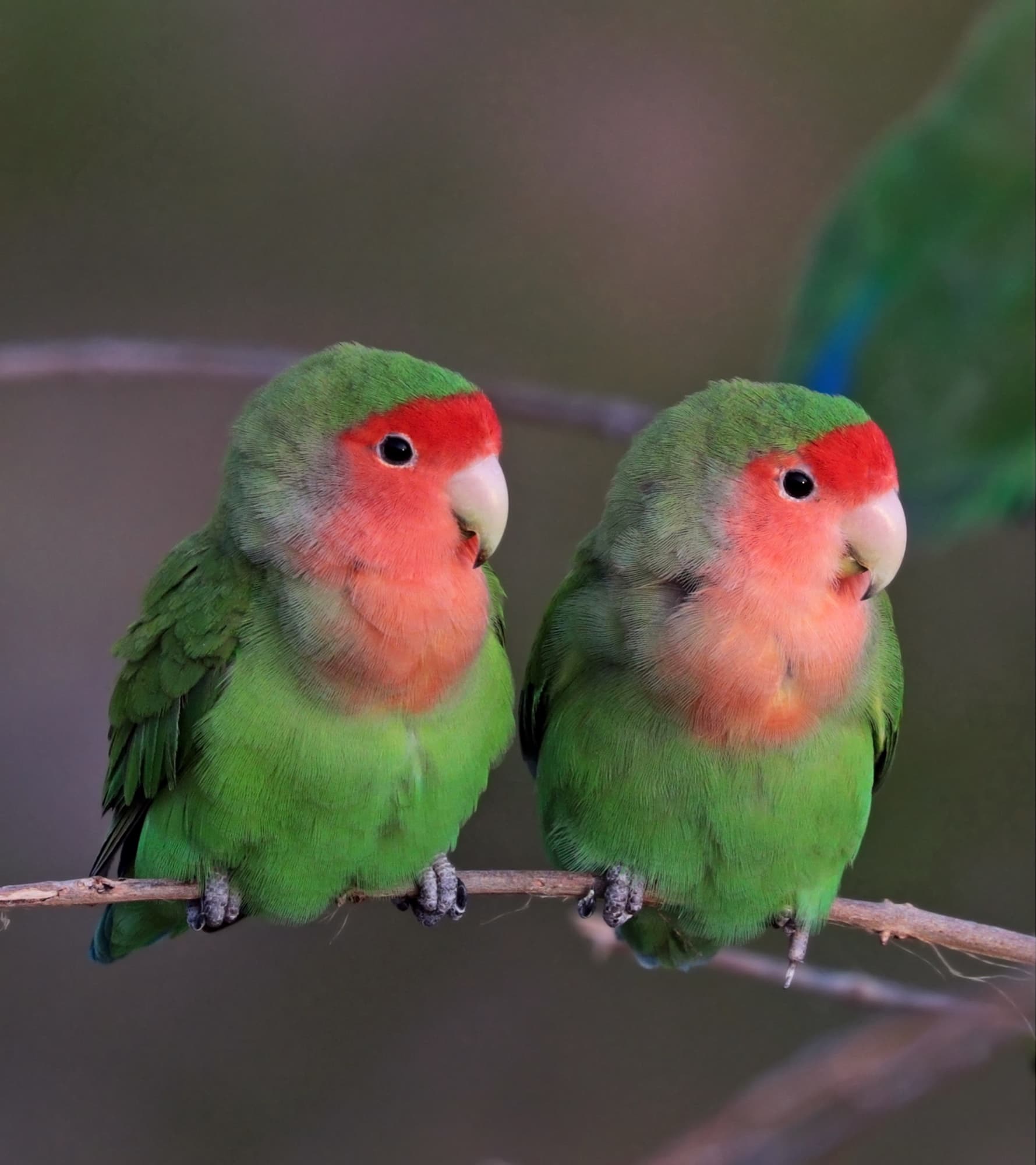
Lovebird
Agapornis spp.
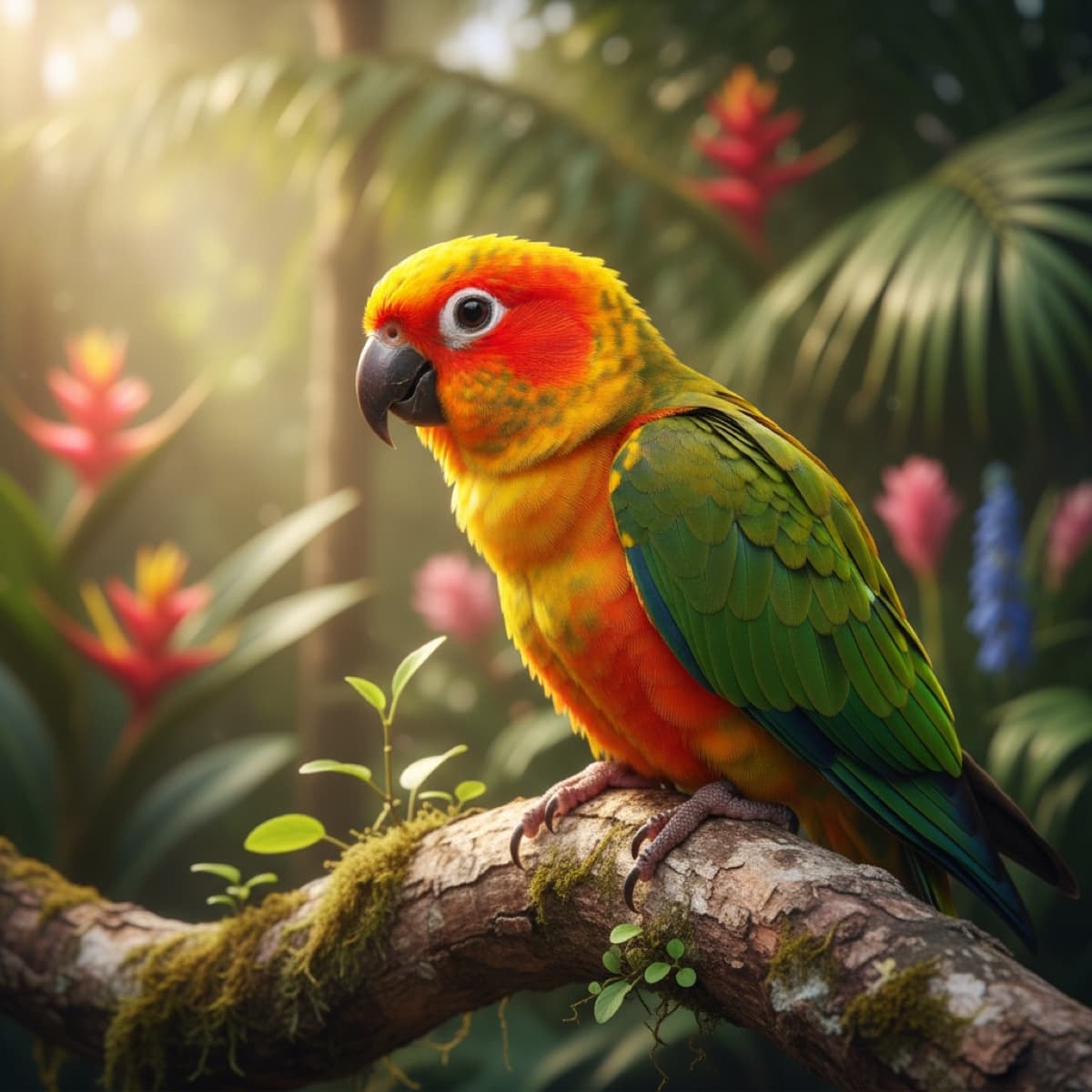
Green-Cheeked Conure
Pyrrhura molinae
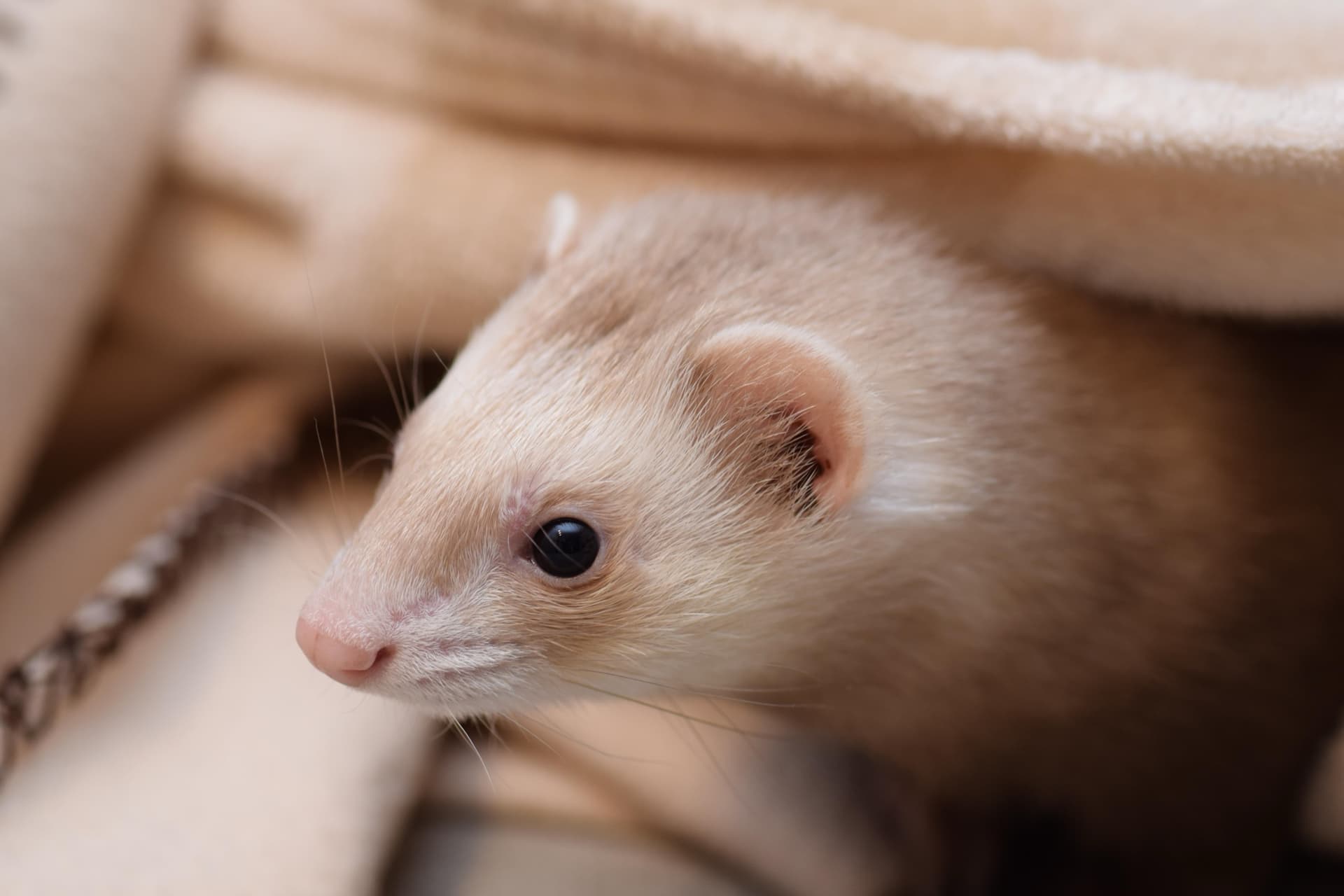
Domestic Ferret
Mustela putorius furo
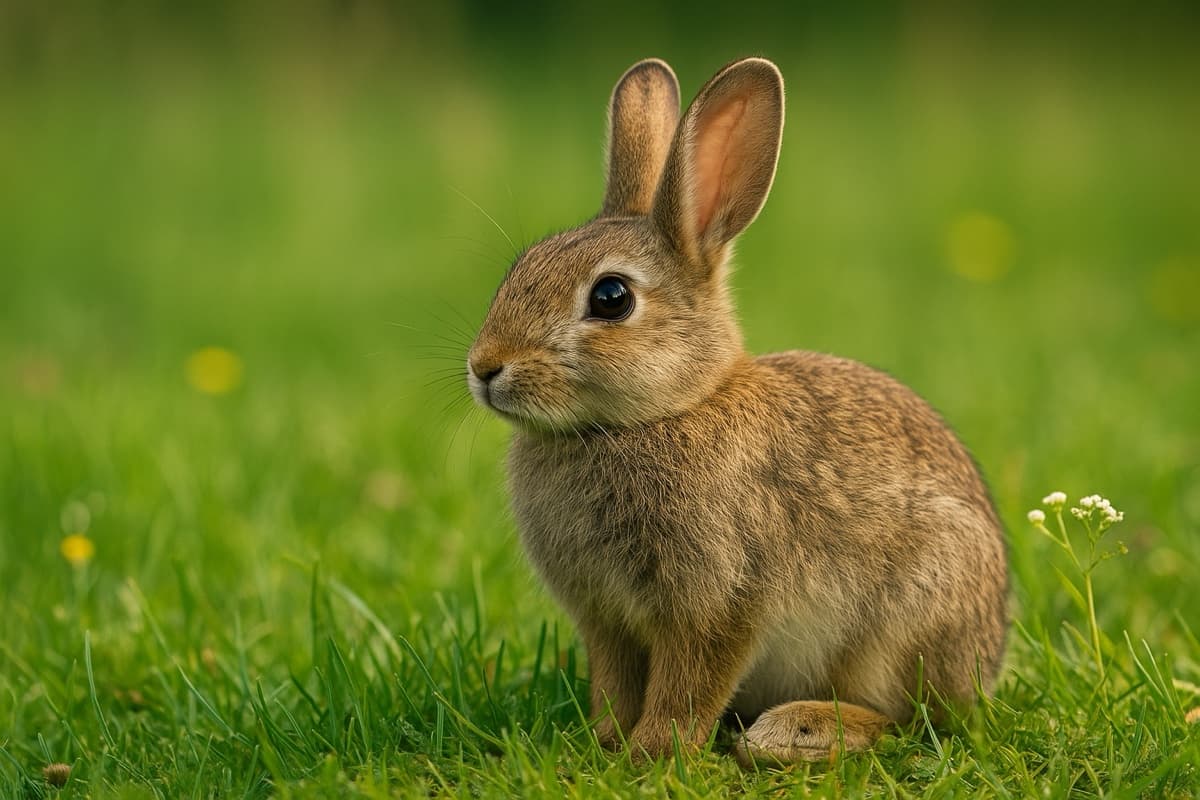
Domestic Rabbit
Oryctolagus cuniculus
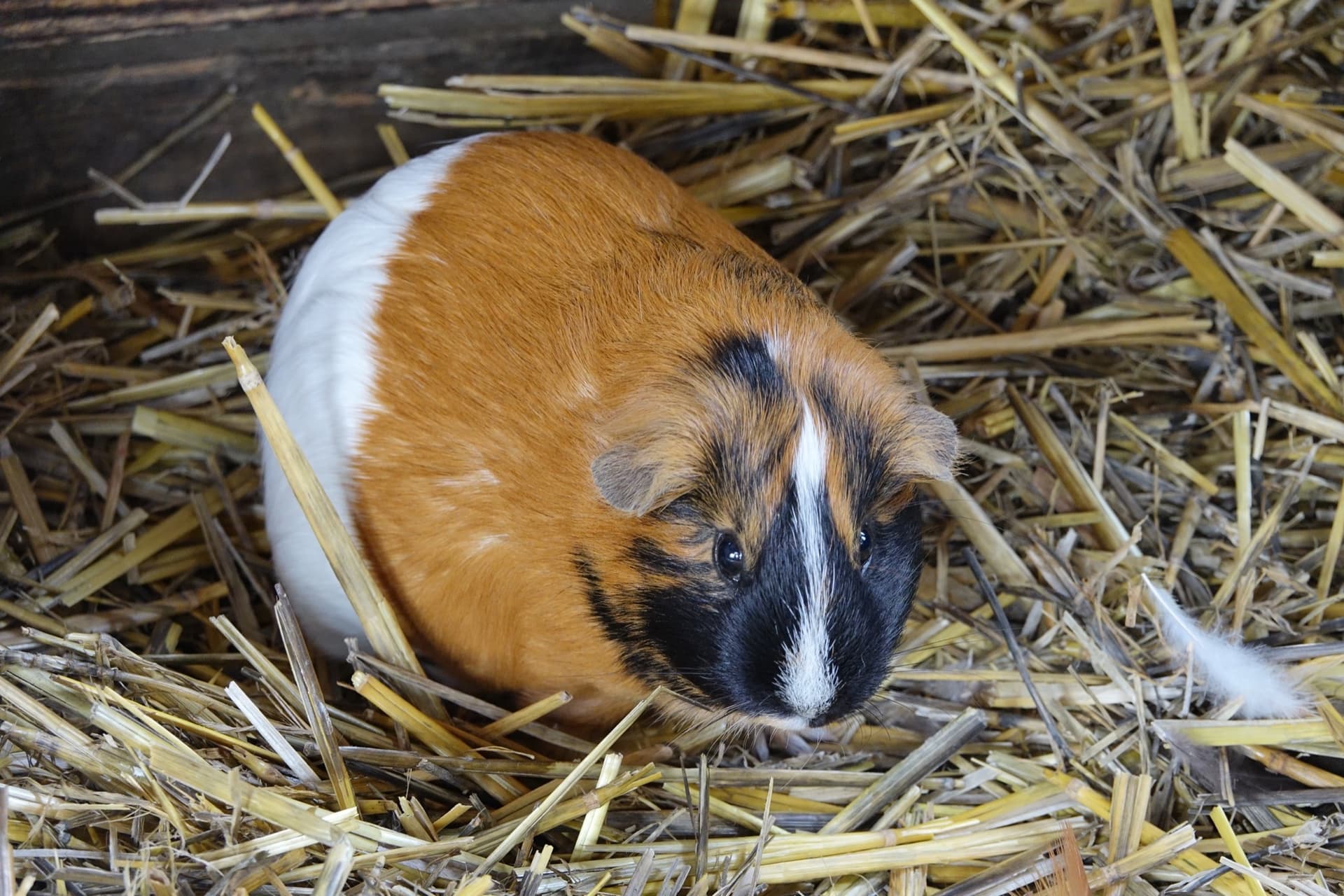
Guinea Pig
Cavia porcellus
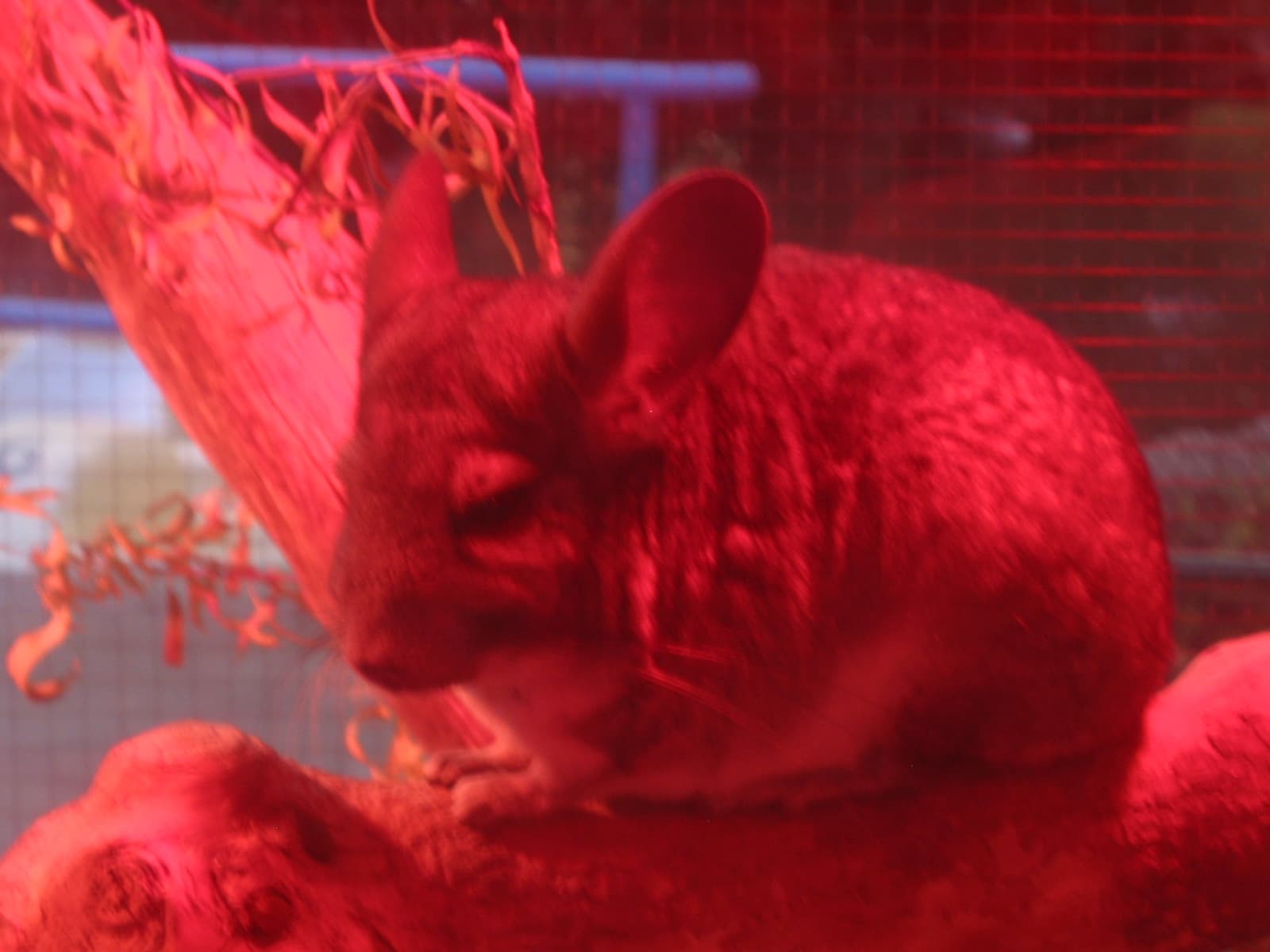
Chinchilla
Chinchilla chinchilla
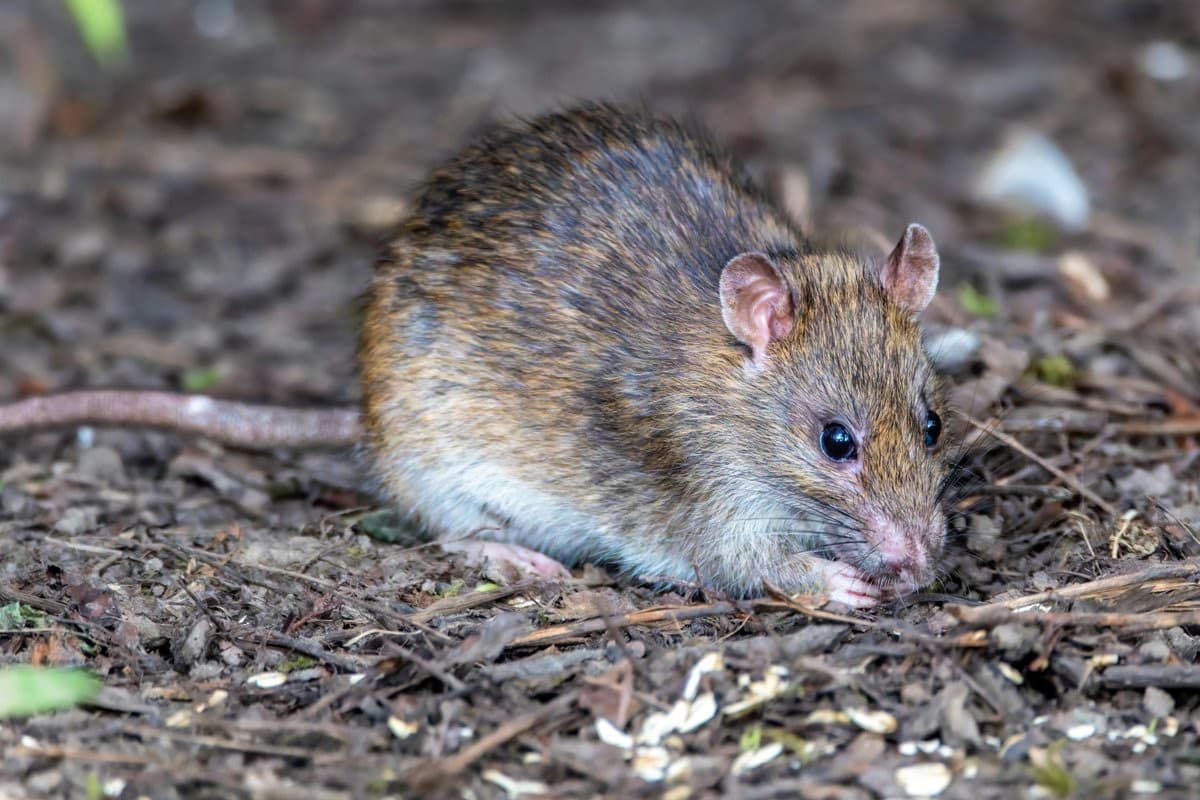
Domestic Rat
Rattus norvegicus
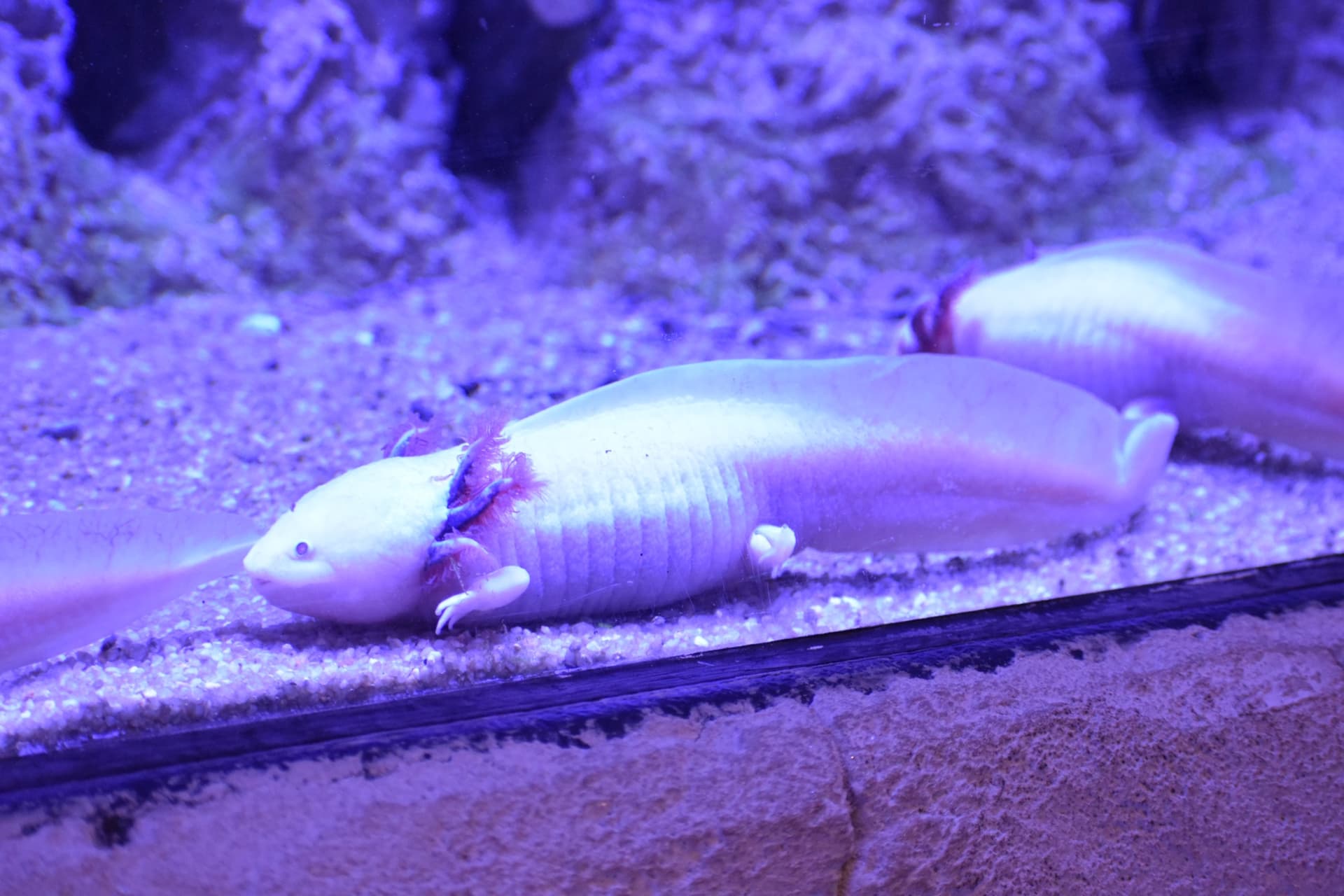
Axolotl
Ambystoma mexicanum
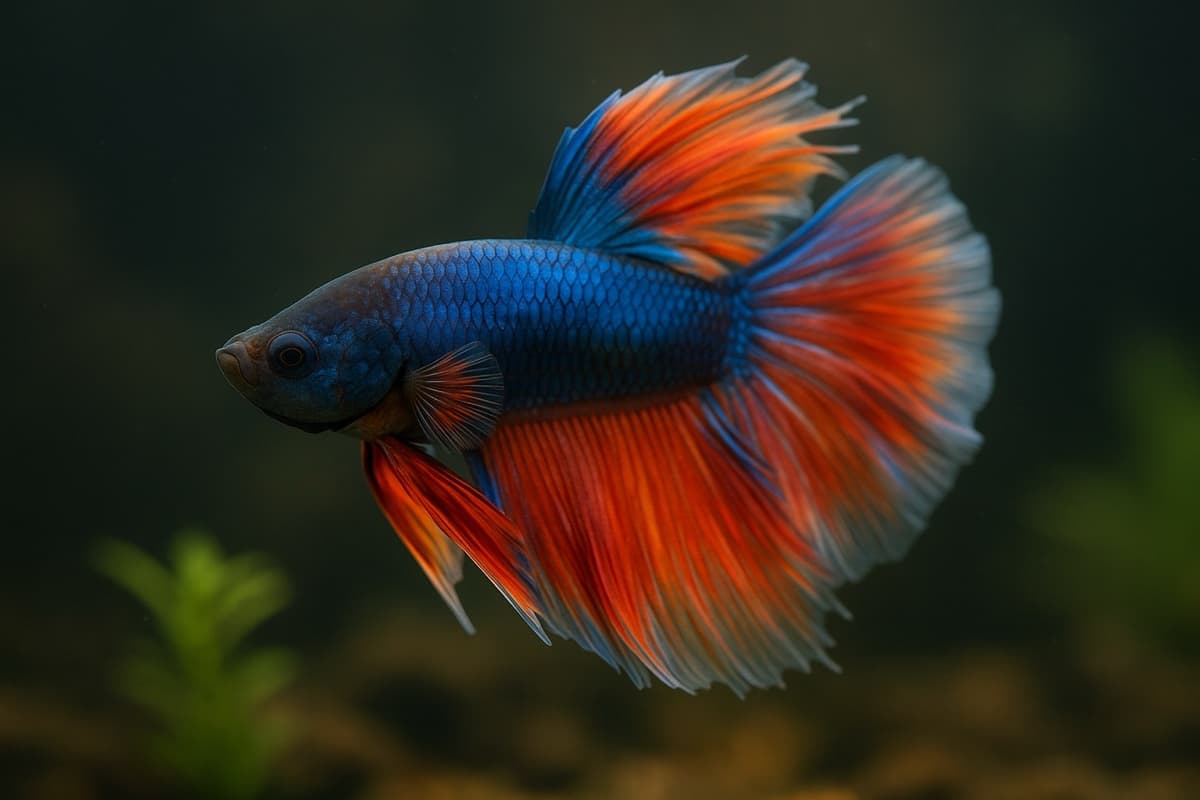
Betta Fish
Betta splendens
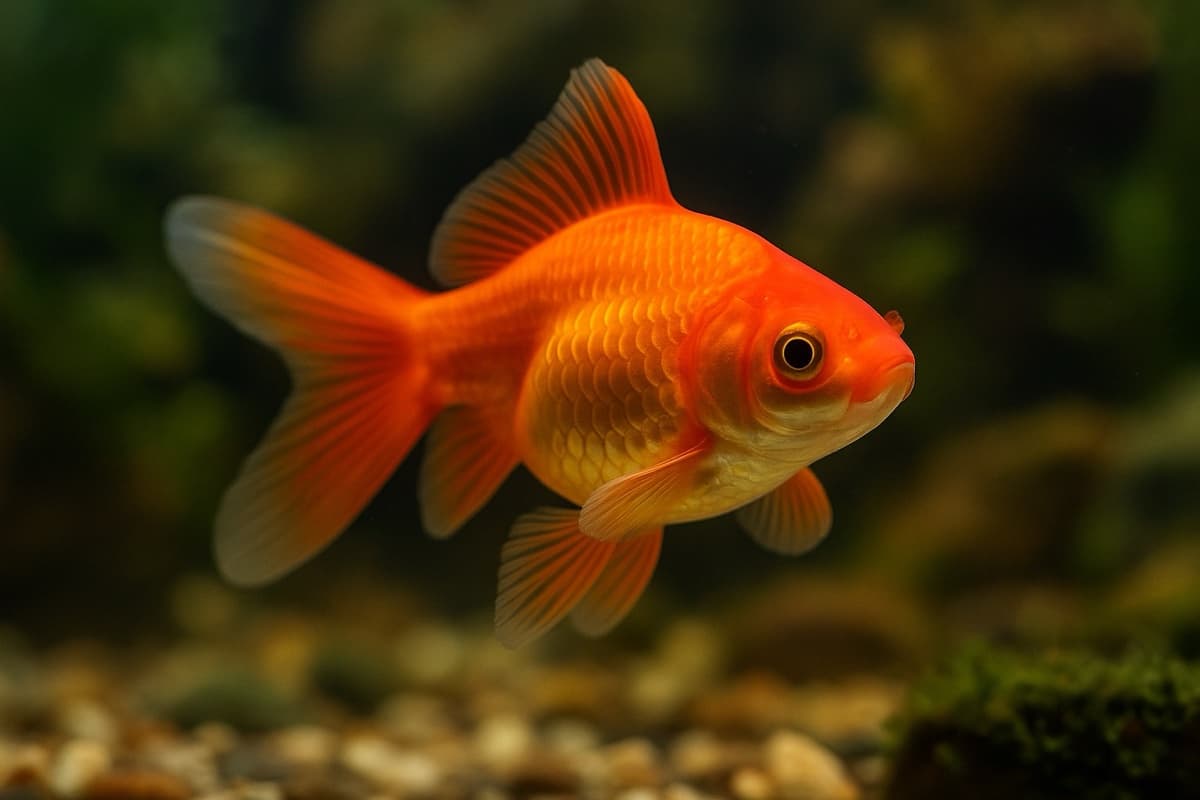
Goldfish
Carassius auratus
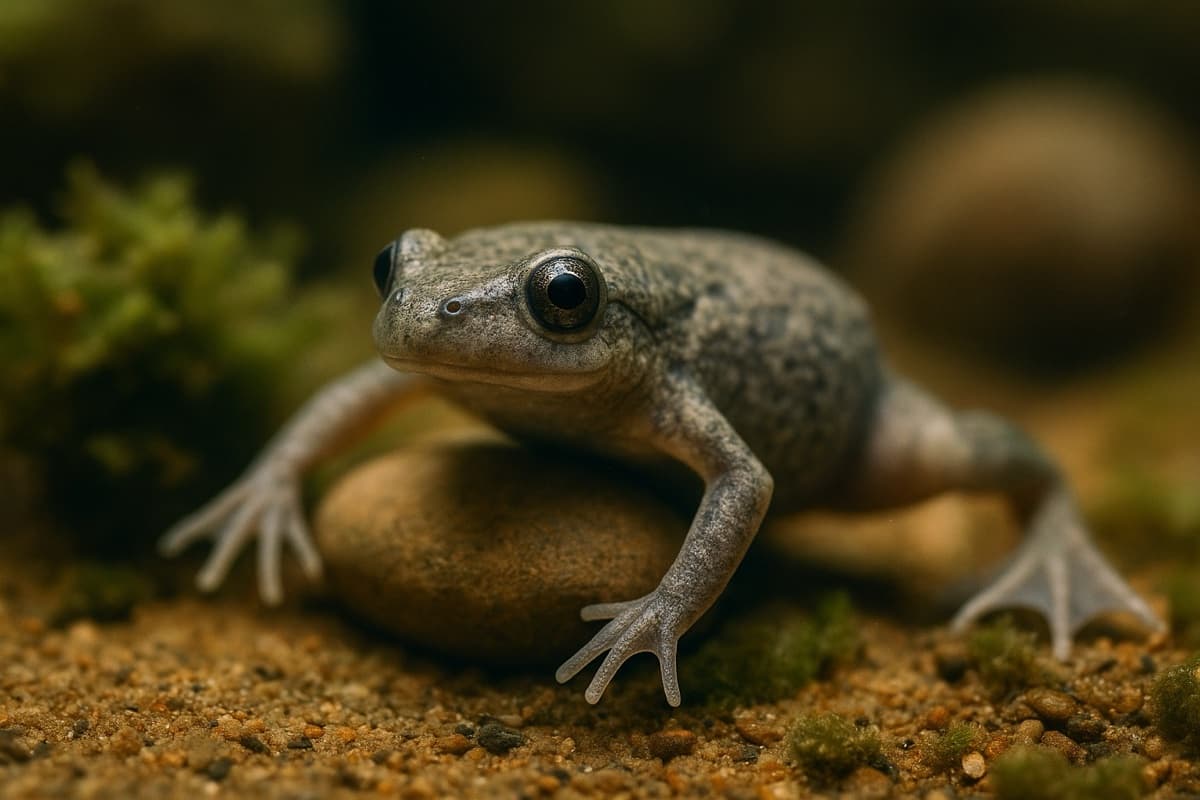
African Dwarf Frog
Hymenochirus boettgeri
Every BritExotics care guide is reviewed by experienced exotic veterinarians and enthusiasts.
Our aim: make responsible exotic ownership simple, legal, and humane.
Need Expert Advice?
Find RCVS verified exotic vets near you for professional care guidance.
Find an Exotic Vet →Frequently Asked Questions
Quick answers to common questions about exotic pet care in the UK
Most common exotic pets are legal in the UK without a licence. Legal species include bearded dragons, leopard geckos, corn snakes, ball pythons, budgerigars, cockatiels, chinchillas, guinea pigs, and ferrets. Some species require a Dangerous Wild Animals (DWA) licence (e.g., venomous snakes, primates). Certain species are banned under Invasive Alien Species (IAS) regulations (e.g., red-eared slider turtles). Always check current DEFRA legislation before acquiring any exotic pet.
UK homes are much cooler than Australia (bearded dragons' native habitat), so proper heating is essential year-round. Maintain basking spot at 40-42°C, warm side 32-35°C, cool side 24-26°C. Provide 10-12% UVB lighting 12-14 hours daily (essential for calcium absorption). Feed juveniles 80% insects/20% veg; adults 20% insects/80% veg. Use multiple thermometers to monitor temperatures. Replace UVB bulbs every 6-12 months. Most UK exotic vets treat bearded dragons.
Diet varies by species. Budgerigars and cockatiels thrive on high-quality seed mixes or pellets, supplemented with fresh vegetables (kale, broccoli, carrots) and occasional fruit. Avoid avocado, chocolate, salt, and caffeine (toxic to birds). Provide cuttlefish bone for calcium. Fresh water daily. Larger parrots need more varied diets including nuts and legumes. All UK exotic bird species should have species-specific pellets as base diet. Consult an avian vet for species-specific feeding plans.
Annual health checks are recommended for all exotic pets, even if they appear healthy. Reptiles and birds are prey animals that hide illness until advanced stages. Early detection through annual exams prevents serious issues. Register with an RCVS exotic vet BEFORE you need emergency care. New exotic pets should be examined within 48 hours of acquisition to check for parasites, malnutrition, or underlying conditions. Older pets (last 25% of lifespan) benefit from twice-yearly checkups.